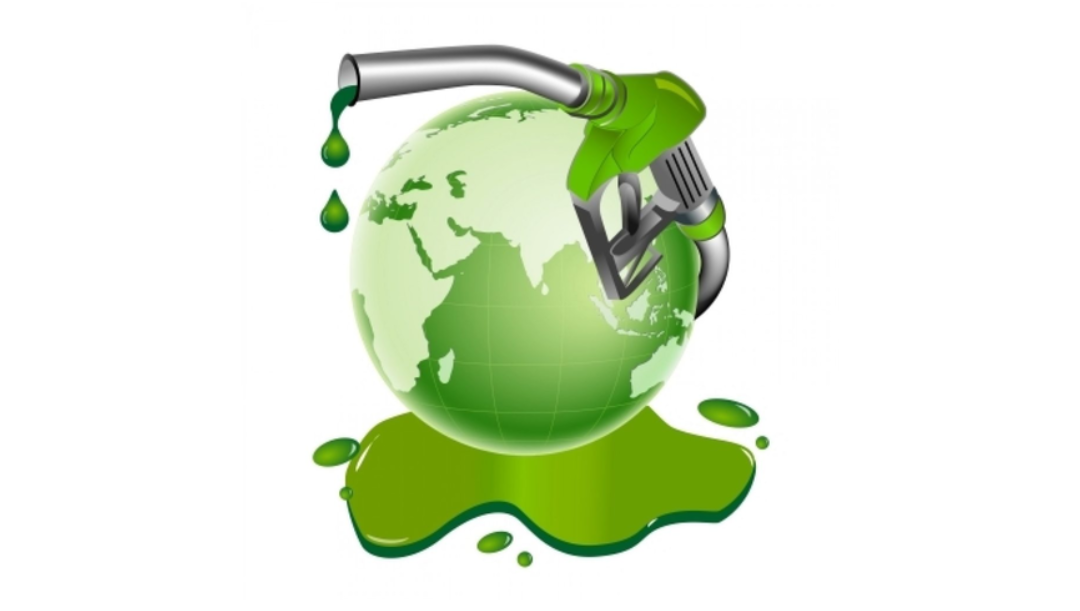

When it comes to the successful day-to-day operation of any maritime vessel, there are numerous factors which must be considered. These include effective route/itinerary planning, insurance, safety considerations, provisioning and many more.
One often under-discussed topic – which has, nevertheless been increasingly in the public’s awareness, as a consequence of the current global instability and the war in Ukraine contributing to global price rises – is that of fuel and refuelling. Here, we consider the ever-increasing importance of fuel awareness for those owning and operating maritime vessels, the potential pitfalls of using lower quality/high sulphur fuel, and outline how the deployment of Xeamos’ systems can result in long term cost savings for the customer.

Fuelling around the world
When you are driving a car on holiday and need to refuel, it is highly probable that the question of whether you will be able to access the fuel you require has not occurred to you. This is thanks, in the main, to the standardization of high-quality automotive fuel which is available around the world, as and when you need it.
For example, EN 590 (with a maximum sulphur content of 15 parts per million, or ppm), is the current standard for all automotive diesel which is sold in EU member states, as well as in numerous European countries, with many engines now having a requirement for this high-quality, low sulphur fuel.
In contrast, however, this superior quality, low sulphur diesel is not necessarily available at all bunker stations around the world which are used to refuel maritime vessels, with some only providing fuel types which are lower in quality and/or higher in sulphur content.
These include high sulphur diesel (over 500 parts per million) and marine diesel oil, a type of fuel oil also known as ‘distillate marine diesel’ (a blend of gas oil and heavy fuel oil), which has a higher density than diesel fuel and is widely used by medium speed and medium/high-speed marine diesel engines. Marine gas oil is similar to diesel fuel but has a higher density. Notably too, in contrast to heavy fuel oil (HFO), marine gas oil does not need to be heated during storage.

Marine systems affected
Unfortunately, the use of lower-quality fuel types can be highly problematic, especially as its higher sulphur content can be damaging to the vessel’s onboard equipment.
Potential problems which can be caused as a consequence of using poorer quality fuel include (but are not limited to):
• Corrosion of the exhaust system due to the presence of sulphuric acid
• Worsened engine performance
• Shorter intervals between diesel particulate filter regeneration cycles
• Damage to the SCR system and/or catalytic converters
• Clogged filters of the diesel fuel tank installation/storage tanks
• Clogged fuel filters on the engines
• Fuel system issues
• Bacterial problems (microbial) in the storage/fuel tanks
• Increased environmental taxes (a major consideration going forward for many owners and operators)
As Daniel van Drunen, Sales Manager at Xeamos explains, these technical and system-based issues can trickle down to the customer. “Obviously this means that the client has to replace the equipment more frequently when the systems are not working, which results in higher running costs.
“Sometimes when you have a system which is not working effectively with the generator, the boat can run out of power, which is extremely inconvenient, disruptive and potentially stressful when you have guests on board. If you are in the middle of a charter, you really do not want to be having problems with your electrical supply, for obvious reasons.”
Resilient XEAMOS systems
This is not the case, however with Xeamos’ systems. As Van Drunen explains: “This is what sets Xeamos apart from the competition, as our systems are able to withstand a higher allowance of sulphur than others on the market. This means that customers can be reassured that their onboard systems will work wherever they are in the world, even in areas where fuel quality cannot be guaranteed.”
A carefully tailored solution
Although there are obvious similarities between the maritime and automotive industries which can be useful to consider when developing/improving onboard systems, the successful operation of Xeamos’ systems can be attributed to the company’s unique R&D approach, which focuses on finding solutions tailored to the maritime industry.
As Van Drunen highlights: “There are other competitors who have a huge turnover in automotive solutions, meaning that the solutions which they find for maritime systems are 99% copied from the automotive industry, whereas we are maritime specialists.
“This means that our systems are 100% based on the circumstances you face within your industry. We do not believe you can just present a stock solution taken from another industry and expect it to be a success, so our systems are always tailored to the real, day-to-day needs of those working in our industry.”
To discover more about the latest developments at XEAMOS, and the after-treatment systems on offer, get in touch with us today.